The use of Teflon (polytetrafluoroethylene or PTFE) as an insulation material in cables offers several advantages that contribute to the performance and reliability of Teflon cables. Teflon is a high-performance polymer known for its unique properties, and these characteristics make it well-suited for cable insulation in various applications. Here are some ways in which the use of Teflon enhances the performance and reliability of cables:
Temperature Resistance:
Teflon is known for its exceptional temperature resistance. It can withstand a wide range of temperatures, from extremely low to high temperatures, without significant degradation. This makes Teflon cables suitable for applications where temperature fluctuations are common.
Chemical Resistance:
Teflon has excellent chemical resistance, making it resistant to the effects of many chemicals, acids, and solvents. This property is crucial in applications where cables may be exposed to harsh chemical environments, ensuring that the insulation remains intact and does not degrade over time.
Electrical Insulation Properties:
Teflon is an excellent electrical insulator, providing high dielectric strength and low dielectric constant. This makes Teflon cables suitable for applications where maintaining electrical integrity and preventing signal interference are critical, such as in telecommunications and high-frequency applications.
Low Friction Coefficient:
Teflon has a low coefficient of friction, which means that cables insulated with Teflon can easily slide and move without generating excessive heat or wear. This is beneficial in applications where flexibility and movement are required, reducing the risk of damage to the cable over time.
Mechanical Strength and Flexibility:
Teflon offers good mechanical strength and flexibility, allowing cables to withstand bending, twisting, and other mechanical stresses without experiencing significant wear or damage. This flexibility contributes to the longevity and reliability of Teflon-insulated cables.
Water and Moisture Resistance:
Teflon is inherently water-resistant and does not absorb moisture. This property makes Teflon cables suitable for applications where exposure to water or humidity is a concern, as the insulation remains stable and reliable even in damp environments.
UV Resistance:
Teflon is resistant to ultraviolet (UV) radiation, which helps prevent degradation of the insulation when exposed to sunlight. UV resistance is particularly important for outdoor or exposed cable installations.
Non-Flammable:
Teflon is non-flammable and exhibits low smoke and toxicity characteristics when exposed to fire. This makes Teflon-insulated cables suitable for applications where fire safety is a primary concern.
Long-Term Stability:
Teflon's resistance to aging and degradation contributes to the long-term stability of cables. Teflon-insulated cables are known for their durability and reliability over extended periods of use.
Easy Processing:
Teflon is a material that can be processed easily during the cable manufacturing process, allowing for efficient production and consistent quality.
In summary, the use of Teflon as an insulation material in cables provides a combination of temperature resistance, chemical resistance, electrical insulation properties, low friction, mechanical strength, flexibility, water resistance, UV resistance, non-flammability, and long-term stability. These characteristics collectively contribute to the enhanced performance and reliability of Teflon cables in a wide range of applications.

 ENGLISH
ENGLISH 简体中文
简体中文 GERMAN
GERMAN SPAIN
SPAIN
 +86 181-5747-1135
+86 181-5747-1135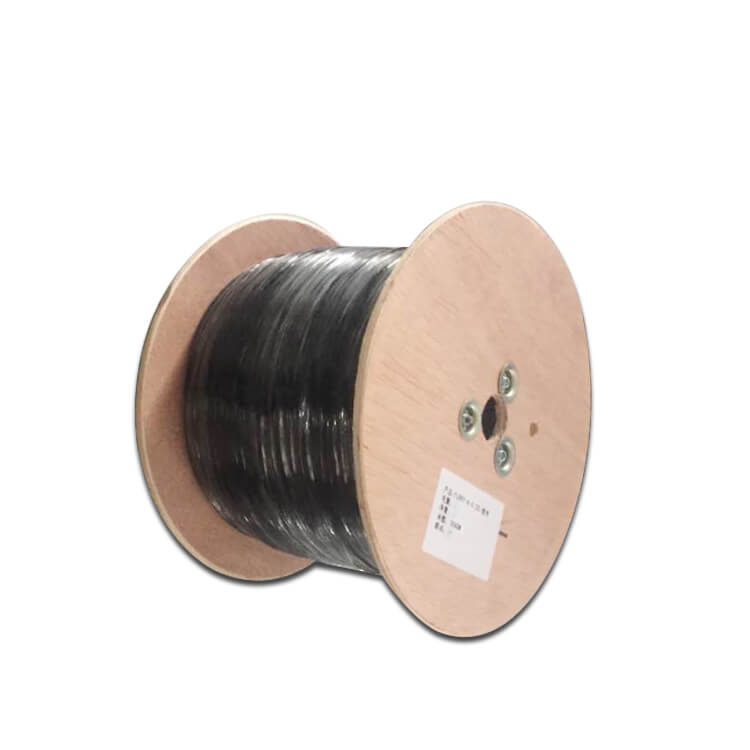
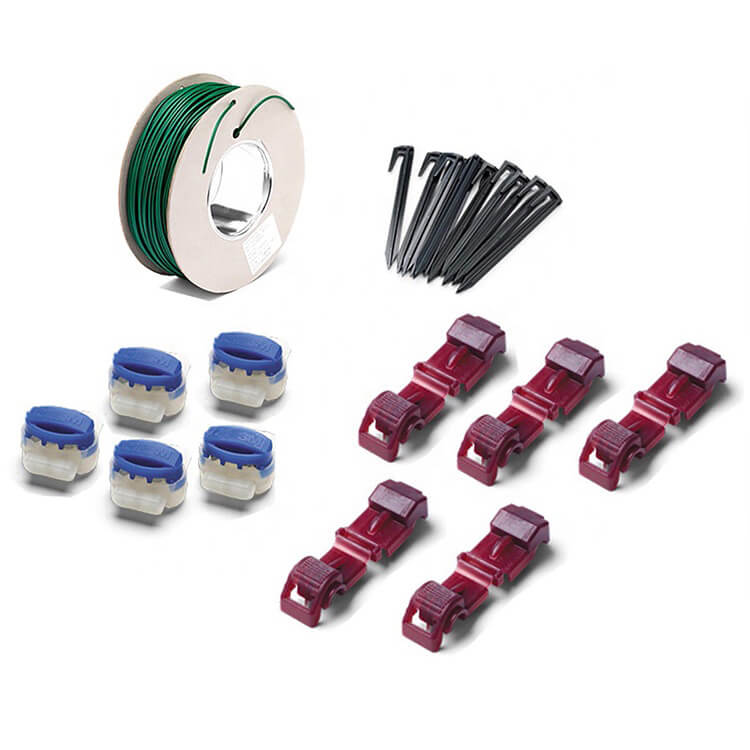
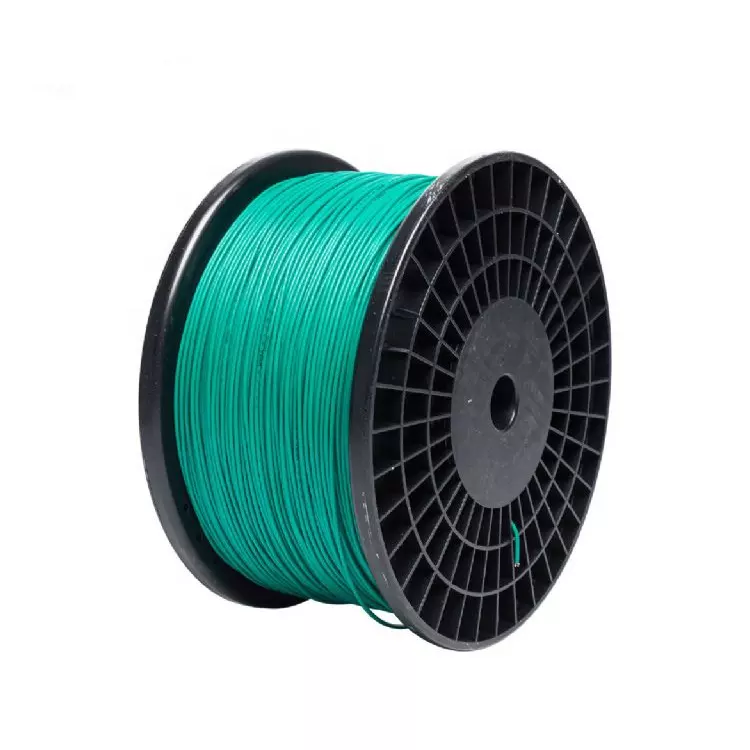



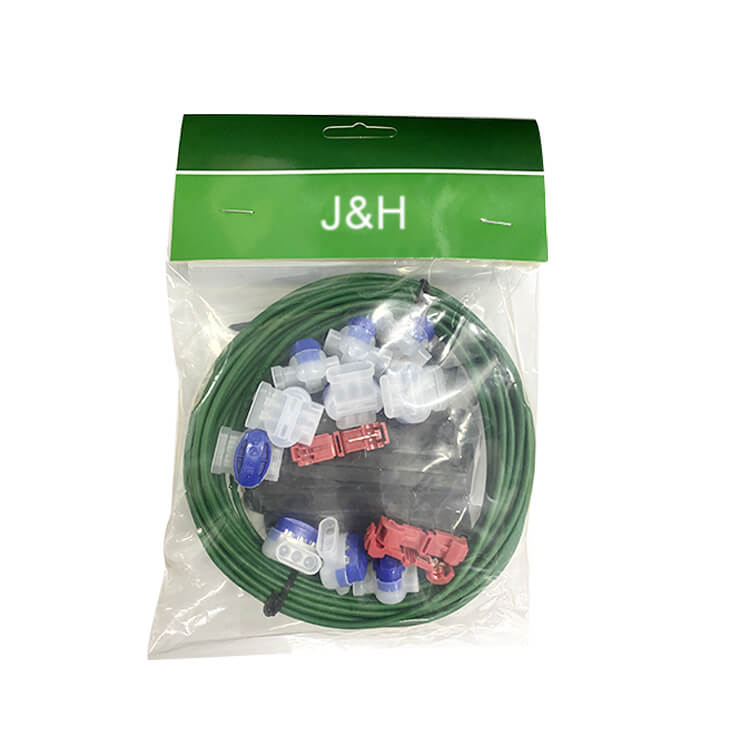
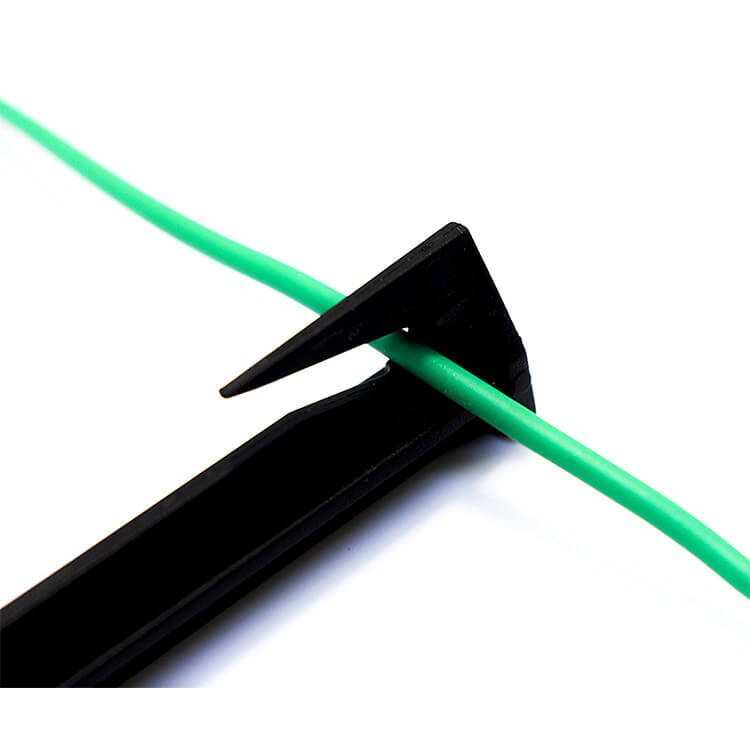
 Abroad:+86 181 5747 1135
Abroad:+86 181 5747 1135 FAX: +86 574 8900 7636
FAX: +86 574 8900 7636 E-mail:
E-mail: 

 read the map
read the map

